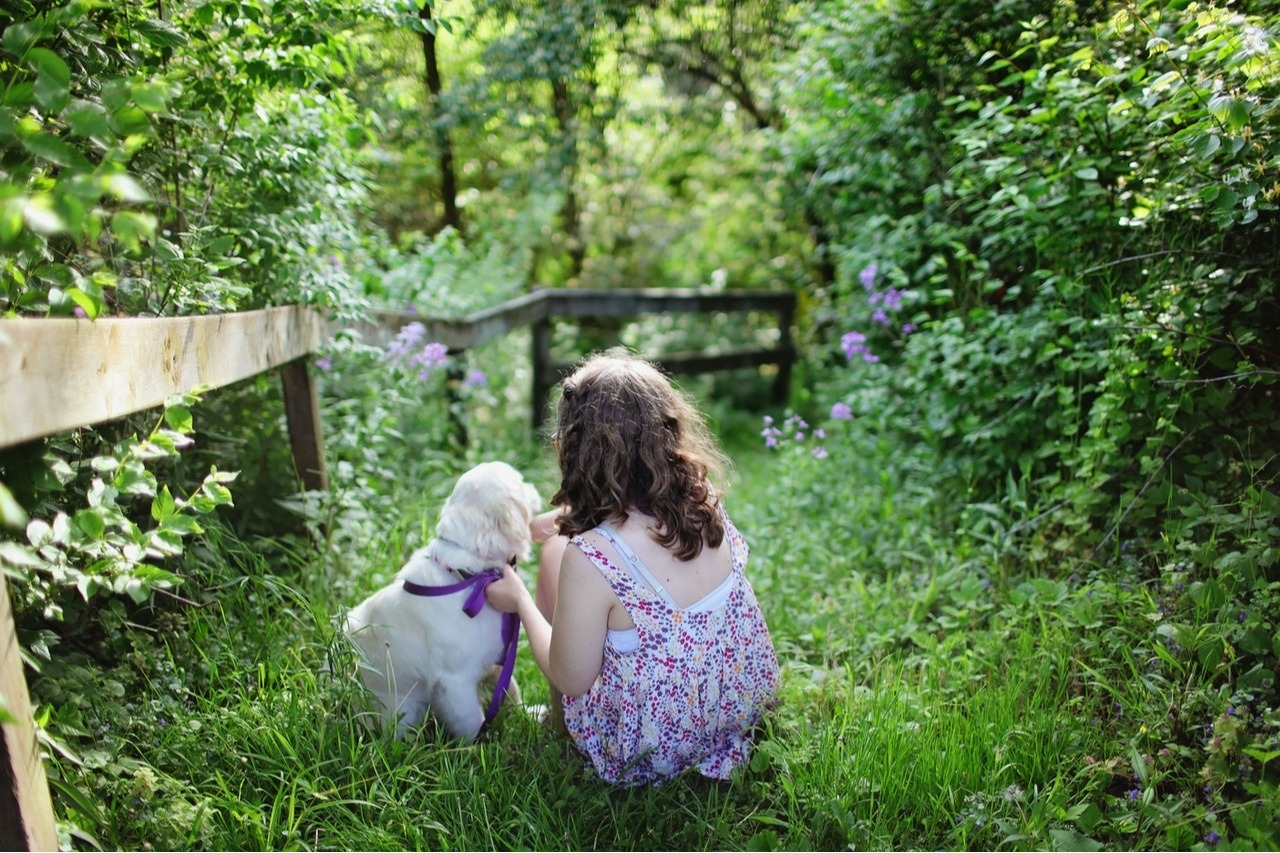Have Pets? Avoid Including These in Your Denver Landscape Design!
February 4, 2021
Pets enrich your life and make even the most stressful day feel better just by existing. That’s why you’ve gone to great lengths to create a safe and secure yard for them to play and relax in. Even the most pet-friendly yards can still have beautiful landscaping in place, but you need to be cautious about the plants you add to your gardens. Here are a few plants your trusted Denver landscaping experts want you to avoid putting in your yard if you have dogs or cats at home.
Azaleas
Azaleas may create beautiful blooms and add color to your landscaping, but they’re also harmful to both dogs and cats. If your pets eat even just a few of the leaves, they can develop digestive upset, excessive drooling, and other issues that require immediate veterinary attention. Instead of planting azaleas, choose a different flowering shrub or tree. Dogwoods are a great and colorful alternative that won’t hurt your pets.
Lilies
Lilies are a favorite among hobby gardeners that want to have fresh cut flowers in their homes at all times. While they look great in a vase or planted in your garden, they’re incredibly toxic to both cats and dogs. Even eating a small amount of the flower or leaves can provide a lethal dose of toxins. If you need to have lilies on your property, plant them in the front yard or a secure garden area where the pets can’t access them.
Cactus of Any Variety
Cacti varieties are some of the most popular drought-resistant plants homeowners in the Denver area love to add to their landscaping. They’re low maintenance and provide a unique texture and look to your landscaping, but they have an amazing defense mechanism: those pesky spines and needles. Though it’s unlikely that a cactus will do lasting or serious damage to your pets, they can cause discomfort if a needle gets stuck in their nose or paw. Instead of planting cacti, choose ornamental grasses or succulents without spines.
Tulips
Tulips may be one of the most commonly planted bulbs in the spring months, but they’re not without their risks. If your dog loves to dig and ends up eating or chewing the bulbs, the natural chemicals inside the bulb can irritate their mouths, throat, and eyes. While your vet will be able to treat the irritation, it’s best to avoid exposing your pup to the bulbs in the first place. Instead, add color with lavender, sunflowers, pansies, or hollyhocks. These flowers provide bright pops of color but are completely safe for your pets to be around.
Let the Experts Help
If you’re ready to revamp your Denver home’s landscape design but aren’t sure how to make it safe for your furry family members, don’t leave things up to chance. Schedule an estimate with our team and let the experienced landscaping professionals at Wild Irishman Tree and Landscape create a yard you’ll love for years to come. Contact us today to request an appointment and see the difference in your landscaping now.
Go Back Azaleas
Azaleas may create beautiful blooms and add color to your landscaping, but they’re also harmful to both dogs and cats. If your pets eat even just a few of the leaves, they can develop digestive upset, excessive drooling, and other issues that require immediate veterinary attention. Instead of planting azaleas, choose a different flowering shrub or tree. Dogwoods are a great and colorful alternative that won’t hurt your pets.
Lilies
Lilies are a favorite among hobby gardeners that want to have fresh cut flowers in their homes at all times. While they look great in a vase or planted in your garden, they’re incredibly toxic to both cats and dogs. Even eating a small amount of the flower or leaves can provide a lethal dose of toxins. If you need to have lilies on your property, plant them in the front yard or a secure garden area where the pets can’t access them.
Cactus of Any Variety
Cacti varieties are some of the most popular drought-resistant plants homeowners in the Denver area love to add to their landscaping. They’re low maintenance and provide a unique texture and look to your landscaping, but they have an amazing defense mechanism: those pesky spines and needles. Though it’s unlikely that a cactus will do lasting or serious damage to your pets, they can cause discomfort if a needle gets stuck in their nose or paw. Instead of planting cacti, choose ornamental grasses or succulents without spines.
Tulips
Tulips may be one of the most commonly planted bulbs in the spring months, but they’re not without their risks. If your dog loves to dig and ends up eating or chewing the bulbs, the natural chemicals inside the bulb can irritate their mouths, throat, and eyes. While your vet will be able to treat the irritation, it’s best to avoid exposing your pup to the bulbs in the first place. Instead, add color with lavender, sunflowers, pansies, or hollyhocks. These flowers provide bright pops of color but are completely safe for your pets to be around.
Let the Experts Help
If you’re ready to revamp your Denver home’s landscape design but aren’t sure how to make it safe for your furry family members, don’t leave things up to chance. Schedule an estimate with our team and let the experienced landscaping professionals at Wild Irishman Tree and Landscape create a yard you’ll love for years to come. Contact us today to request an appointment and see the difference in your landscaping now.
